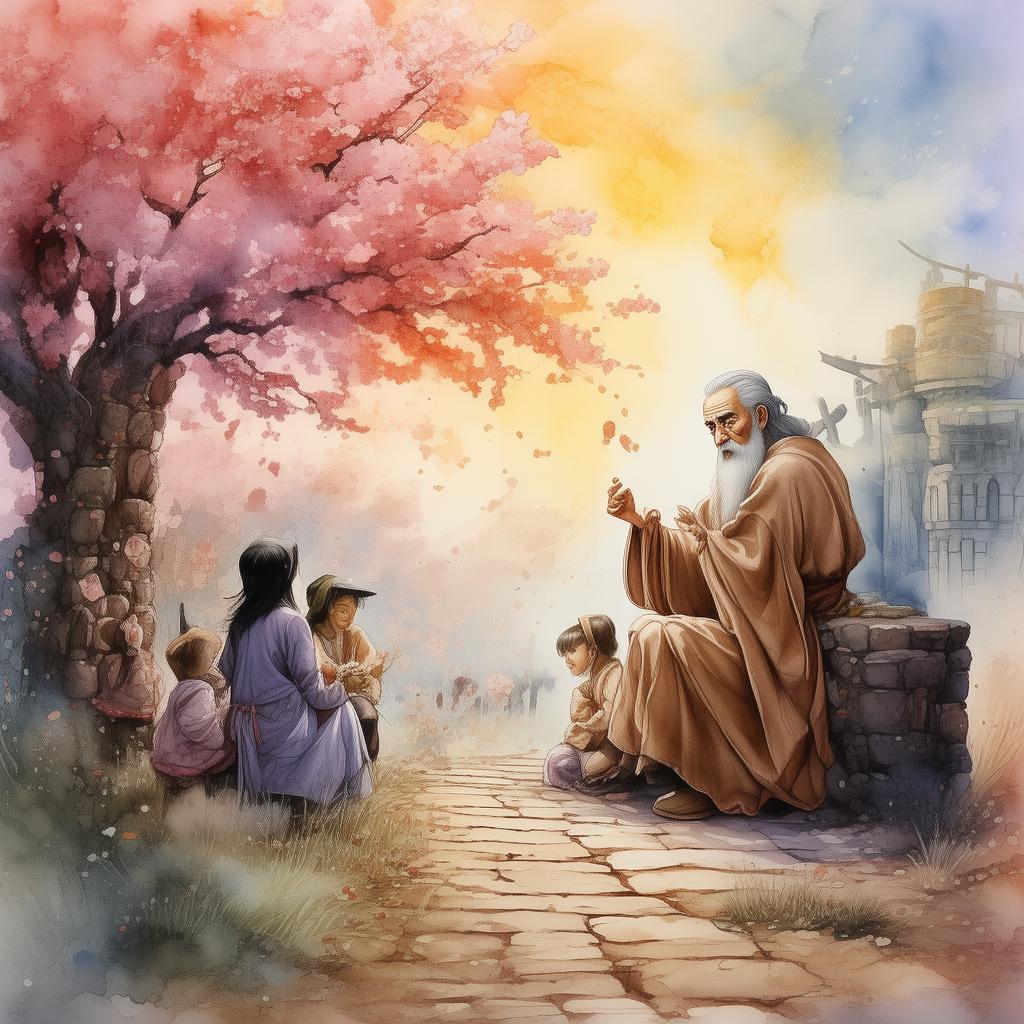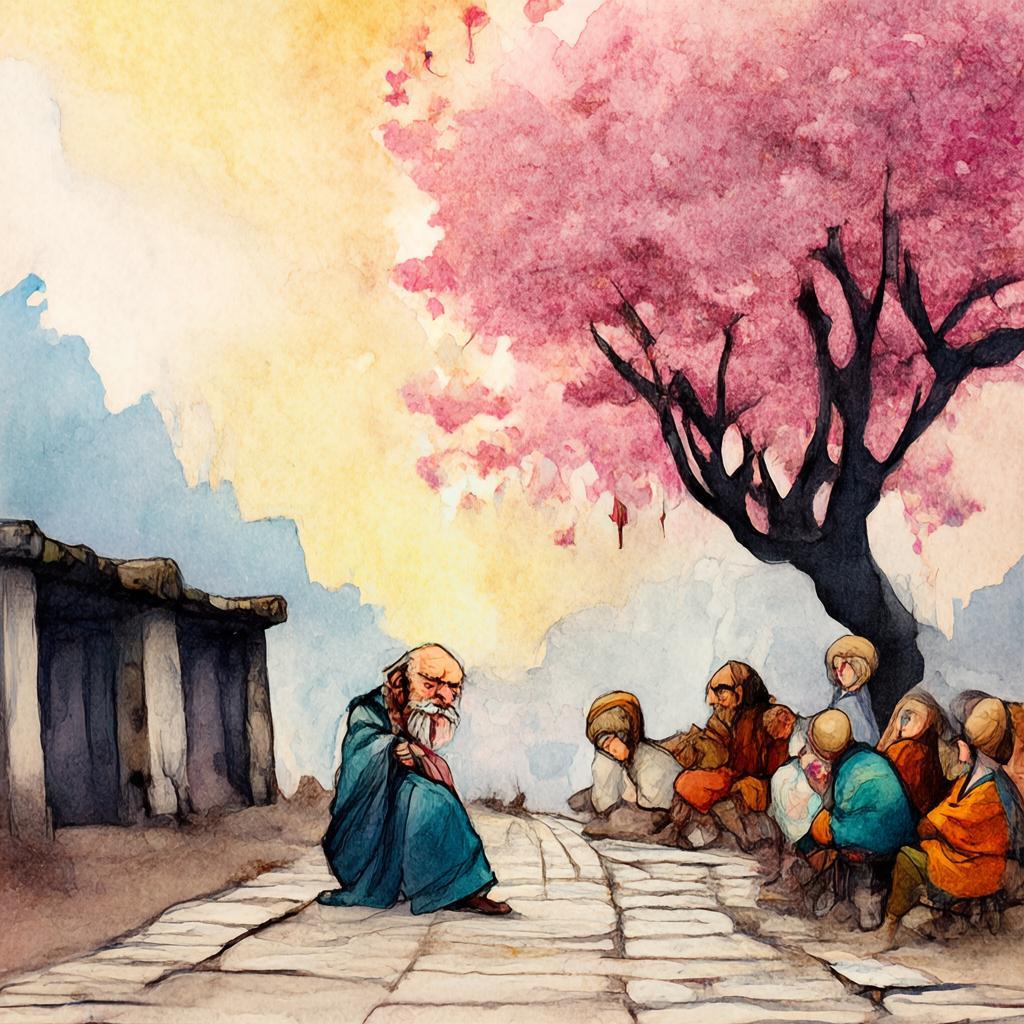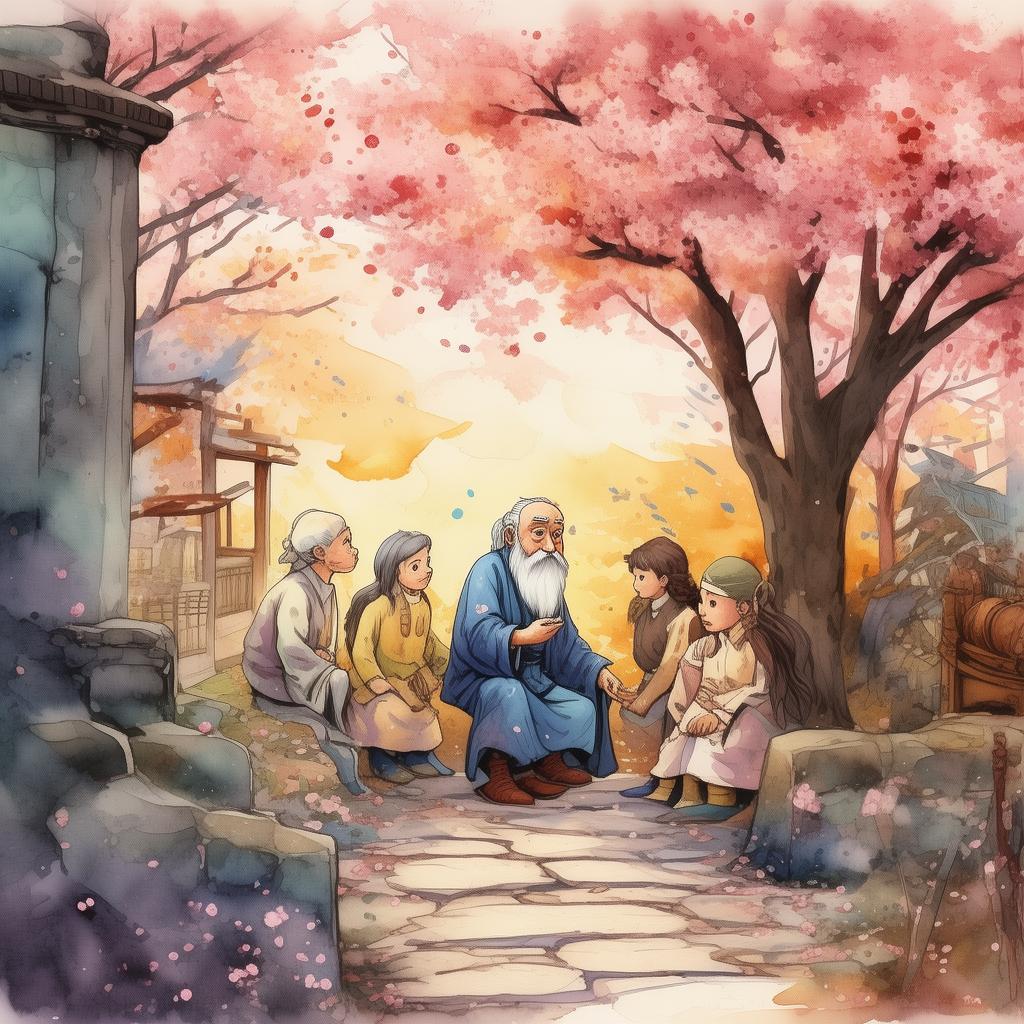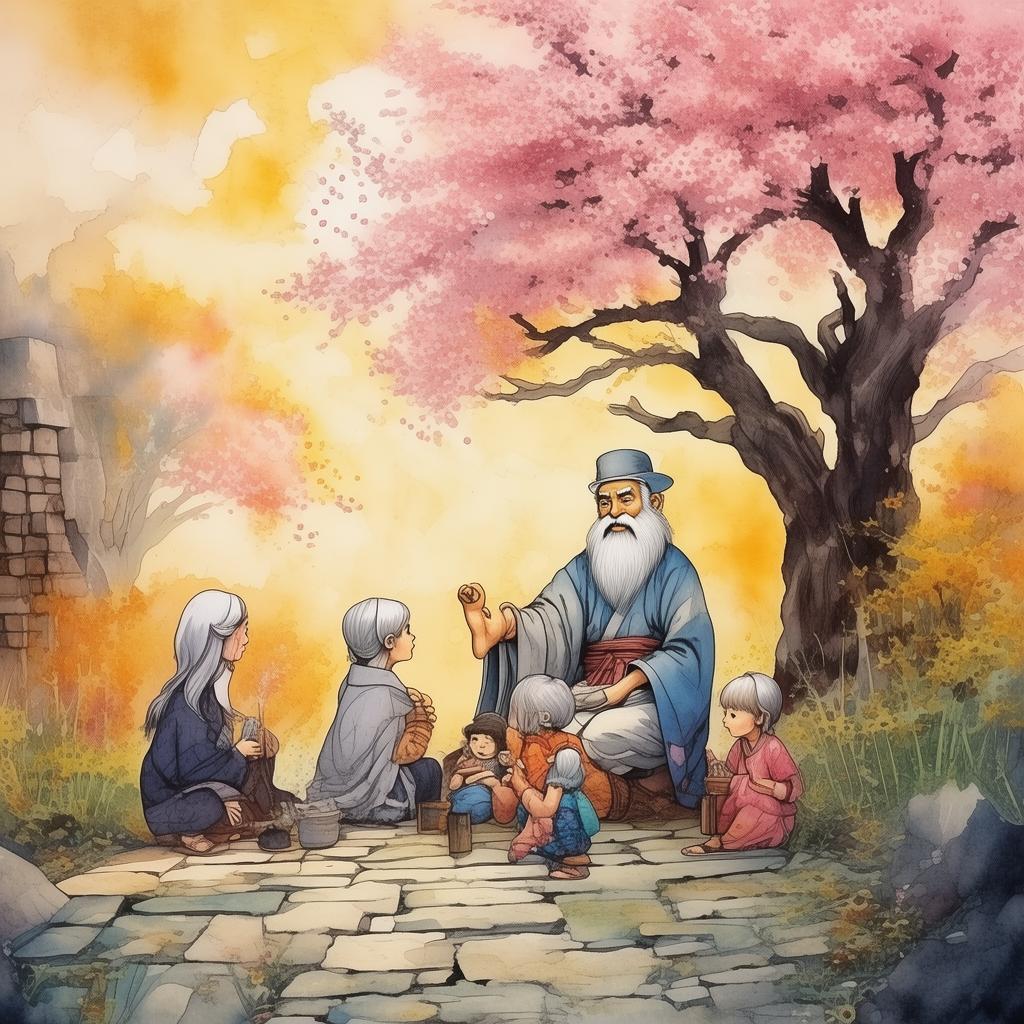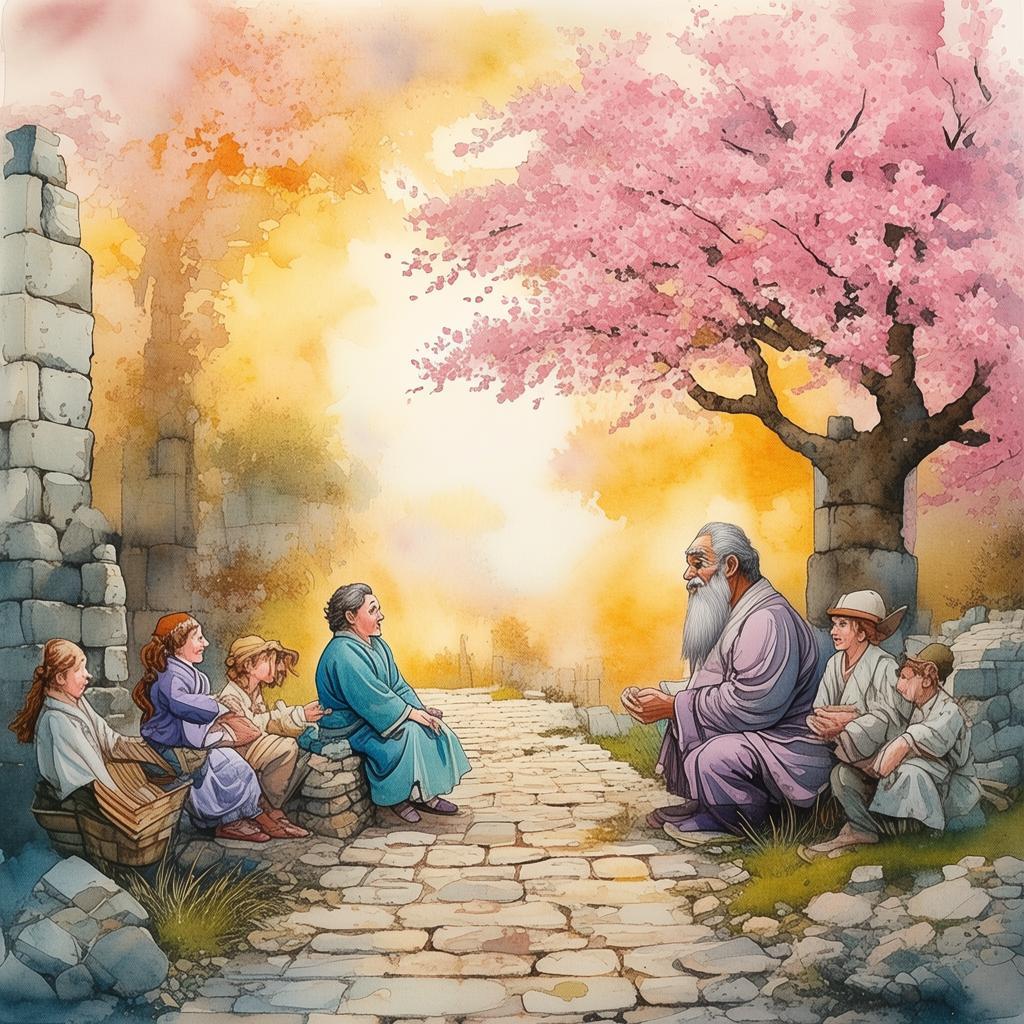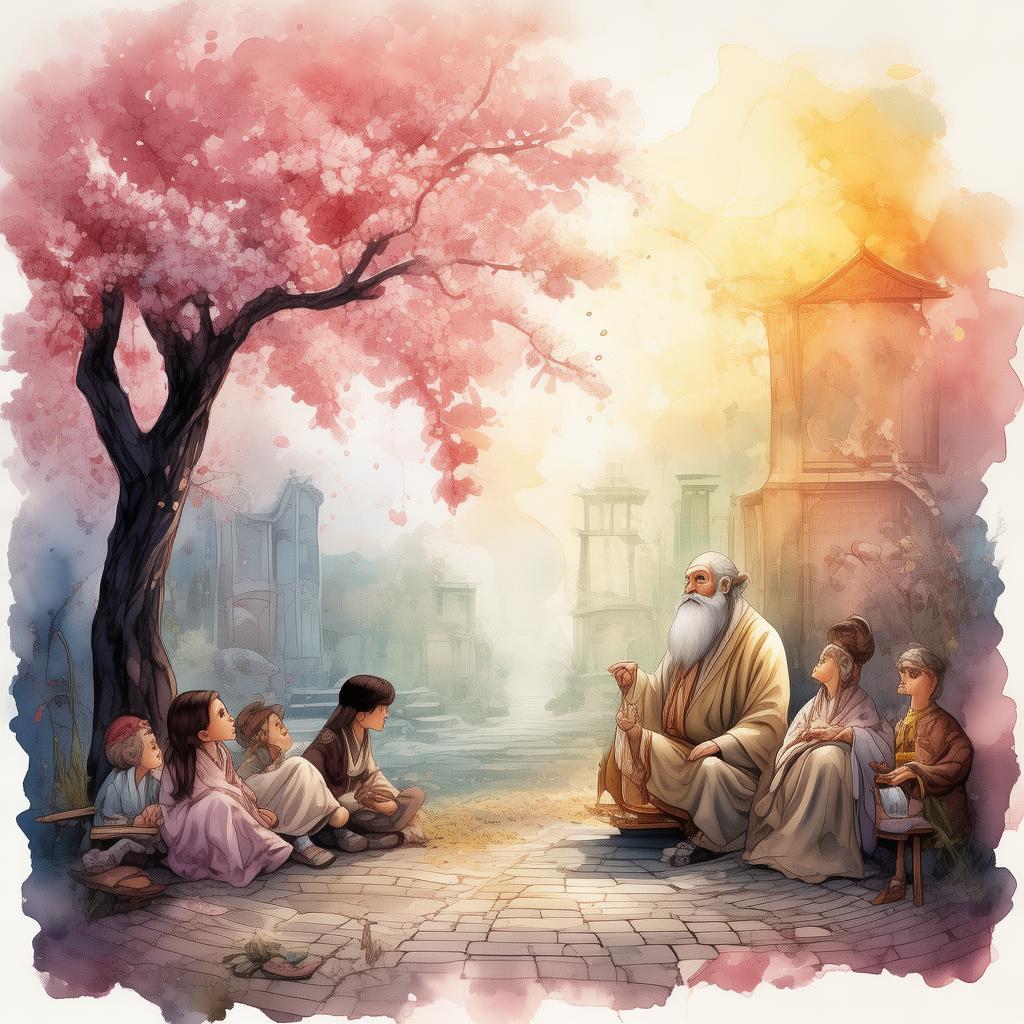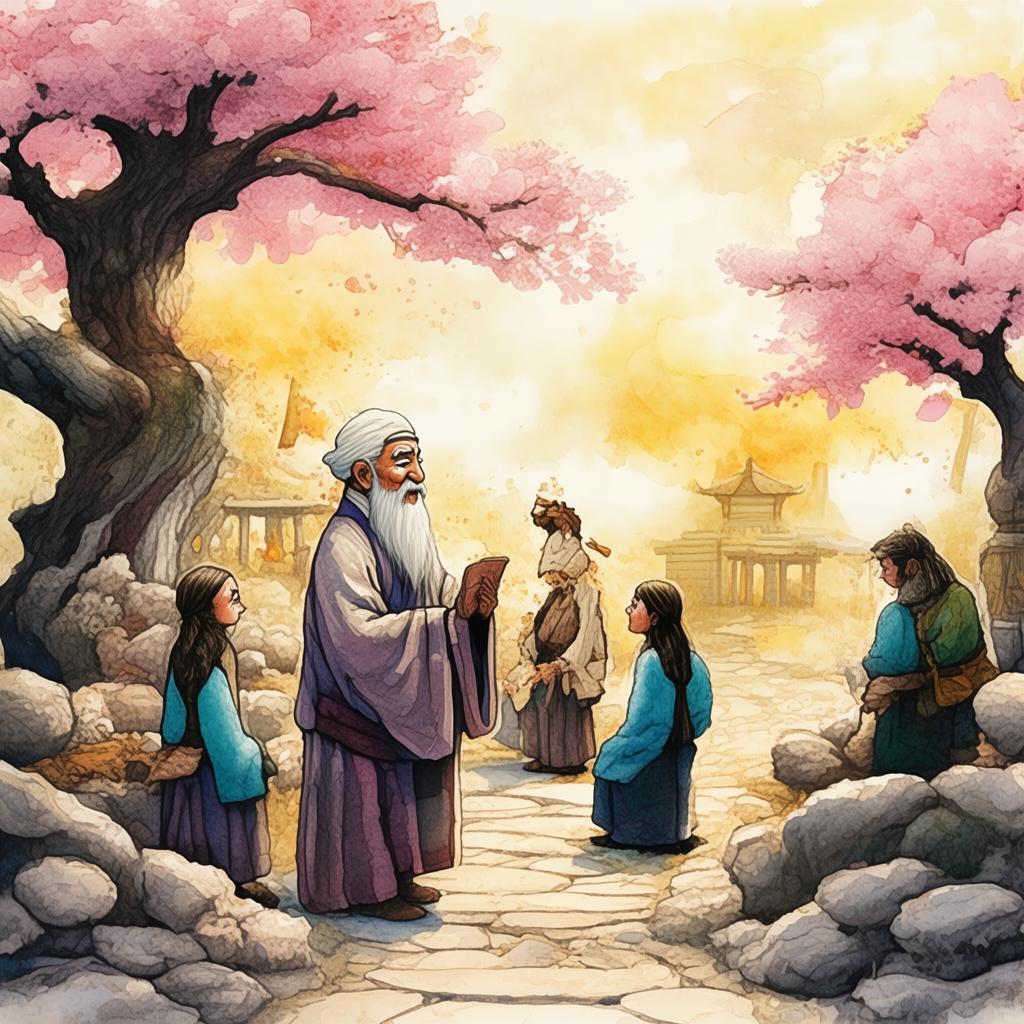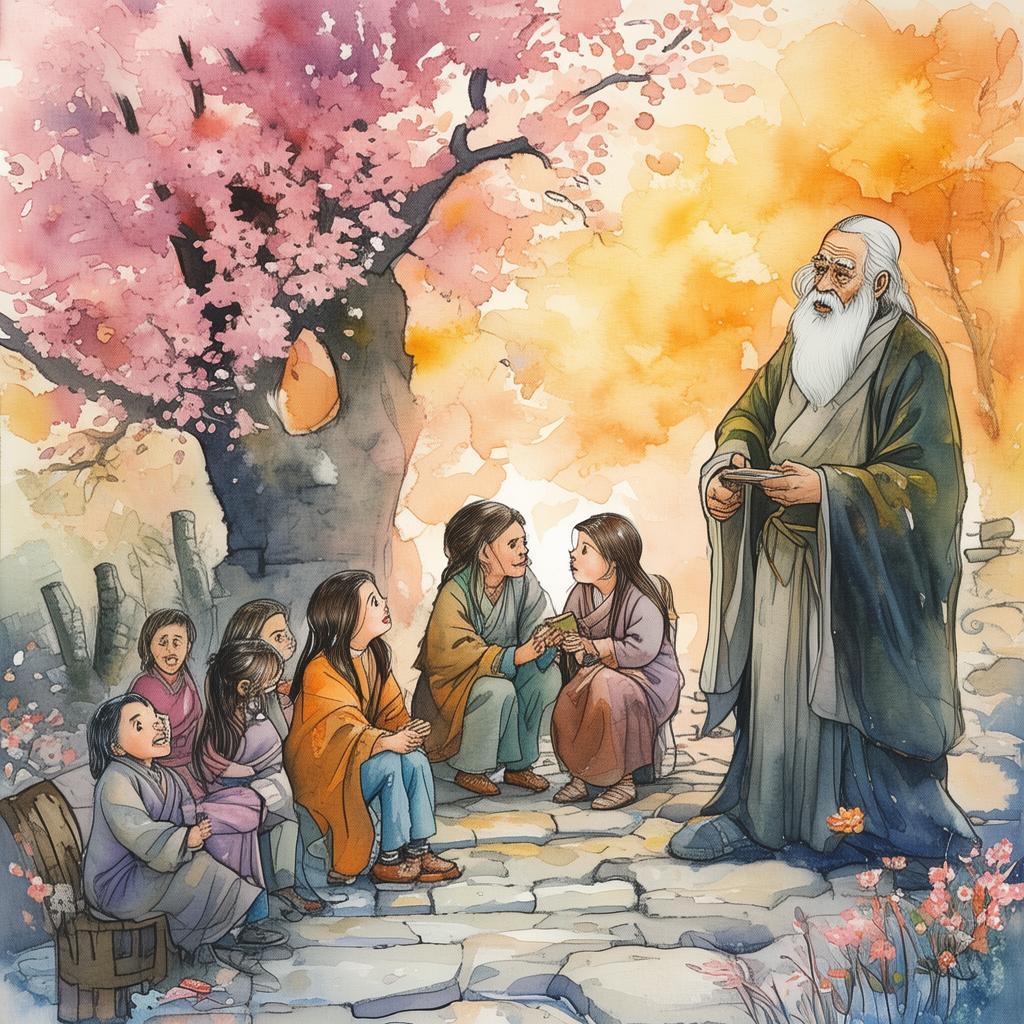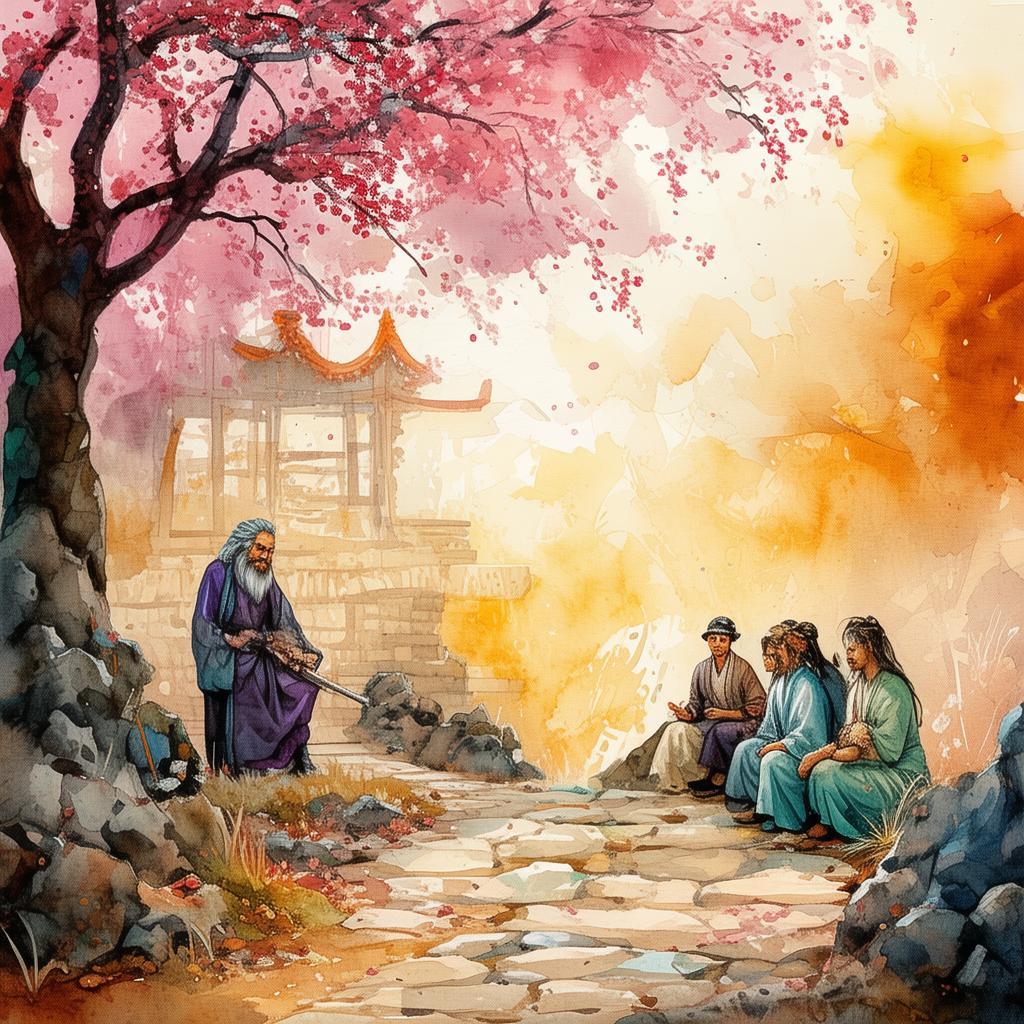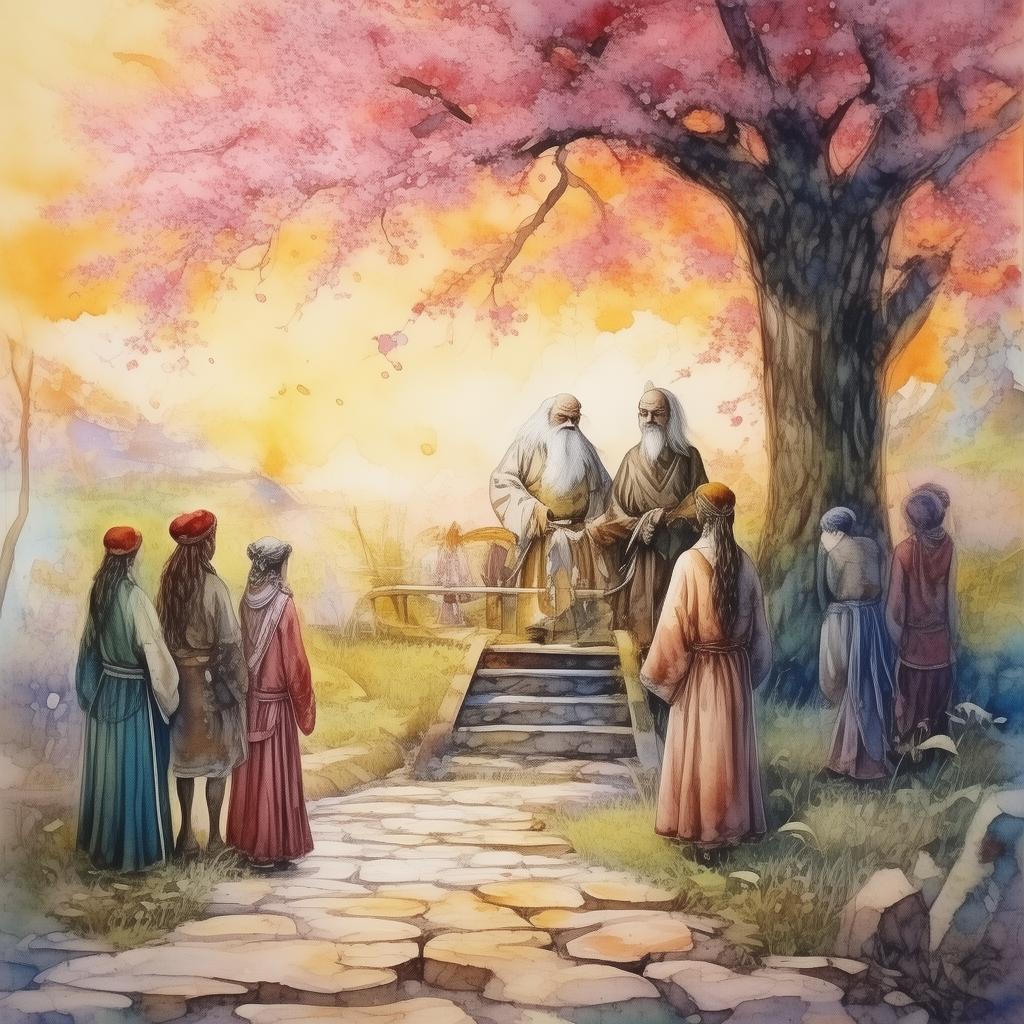The Time-Traveling Tycoon's Quest for the Perfect Era
In the bustling heart of the 21st century, the legend of the Time-Traveling Tycoon, known to many as Jin Hua, was not one to be forgotten. Jin Hua, a man of unparalleled foresight and a heart that yearned for the past, was the owner of a company that had seen its share of prosperity and decline. Now, he was on a quest like none other—a quest to find the perfect historical era to invest his wealth.
As the story unfolded, Jin Hua's journey began in the opulent age of the Ming Dynasty. The scent of incense filled the air, and the vibrant colors of the silk and porcelain adorned the shelves of his temporary abode. He was captivated by the grandeur, yet he knew that prosperity was fleeting.
Jin Hua, with his keen eye for investment opportunities, moved to the Industrial Revolution. The steam engines and factories were a testament to the era's potential. He delved into the bustling markets, where merchants haggled and entrepreneurs dreamed of grandeur. But the air was thick with smoke, and the workers toiled under harsh conditions, a stark contrast to the wealth that was being created.
Seeking a balance, Jin Hua then journeyed to the roaring 1920s. The jazz age was alive with creativity and opulence. The Roaring Twenties, with its flappers and art deco, promised a new era of economic growth. Jin Hua invested heavily in the stock market, but he was soon reminded that not all prosperity was built to last.
Disheartened but determined, Jin Hua set his sights on the 1960s. The Civil Rights Movement was in full swing, and the counterculture movement was challenging the status quo. Jin Hua saw the potential for long-term social change, but he also witnessed the chaos and division that could arise from such a transformative period.
It was then that Jin Hua realized his true mission. He had to find a balance between economic growth and societal well-being. He traveled to the 1980s, the era of Ronald Reagan and Margaret Thatcher, where the concept of trickle-down economics had taken hold. Jin Hua witnessed the birth of a new era of globalization, but he also saw the growing divide between the rich and the poor.
The Time-Traveling Tycoon's journey through history was not just about finding a profitable investment; it was about understanding the cycles of prosperity and decline, the human condition, and the importance of wisdom in the face of progress.
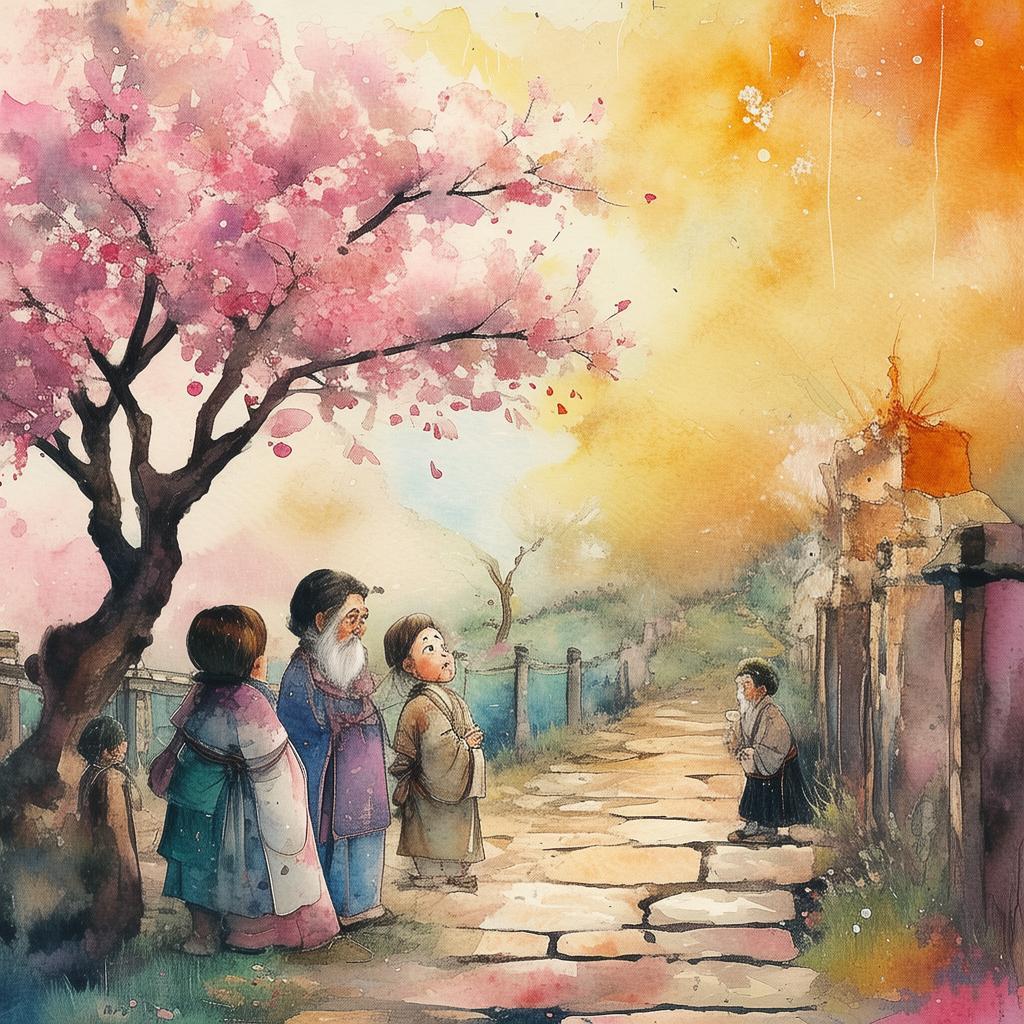
As Jin Hua prepared to return to his own time, he found himself at the turn of the 21st century. He had seen it all, from the opulence of the Ming Dynasty to the modern era's complexities. He had learned that every era had its unique challenges and opportunities, and that wisdom was the key to navigating them.
With a newfound understanding of history's lessons, Jin Hua returned to his own time, armed with the knowledge that true wealth lay not just in money, but in the insights gained from traversing the ages. He invested in companies that promoted sustainable practices, supported education, and contributed positively to society.
The Time-Traveling Tycoon's Quest for the Perfect Era had come to a close, but its legacy lived on. Jin Hua had become a beacon of wisdom, reminding everyone that the past was a mirror, reflecting the future, and that true prosperity could only be achieved by learning from the mistakes and triumphs of history.
✨ Original Statement ✨
All articles published on this website (including but not limited to text, images, videos, and other content) are original or authorized for reposting and are protected by relevant laws. Without the explicit written permission of this website, no individual or organization may copy, modify, repost, or use the content for commercial purposes.
If you need to quote or cooperate, please contact this site for authorization. We reserve the right to pursue legal responsibility for any unauthorized use.
Hereby declared.
